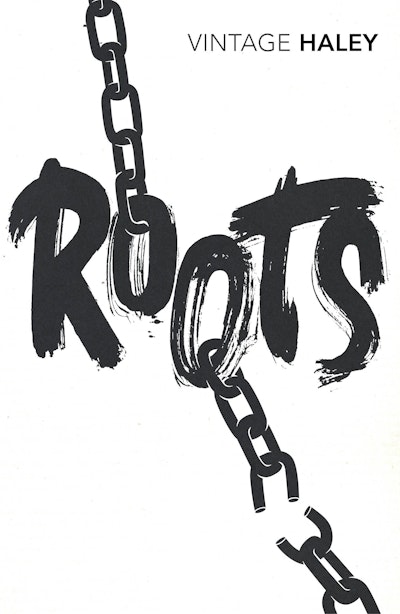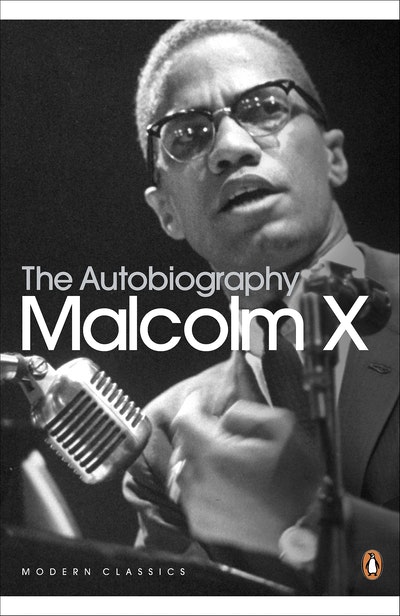- Published: 19 November 2018
- ISBN: 9781784873387
- Imprint: Vintage Classics
- Format: Paperback
- Pages: 912
- RRP: $28.00
Roots
- Published: 19 November 2018
- ISBN: 9781784873387
- Imprint: Vintage Classics
- Format: Paperback
- Pages: 912
- RRP: $28.00
Haley succeeds beautifully where many have failed... The book is an act of love, and it is this which makes it haunting
James Baldwin, New York Times
A gripping mixture of urban confessional and political manifesto, it not only inspired a generation of black activists, but drove home the bitter realities of racism to a mainstream white liberal audience
Observer
Groundbreaking
Associated Press
A Pulitzer Prize-winning story about the family ancestry of author Alex Haley... [and] a symbolic chronicle of the odyssey of African Americans from the continent of Africa to a land not of their choosing
Washington Post
A gripping mixture of urban confessional and political manifesto, it not only inspired a generation of black activists, but drove home the bitter realities of racism to a mainstream white liberal audience
Observer
A Pulitzer Prize-winning story about the family ancestry of author Alex Haley... [and] a symbolic chronicle of the odyssey of African Americans from the continent of Africa to a land not of their choosing
Washington Post
Haley succeeds beautifully where many have failed... The book is an act of love, and it is this which makes it haunting
James Baldwin, New York Times



